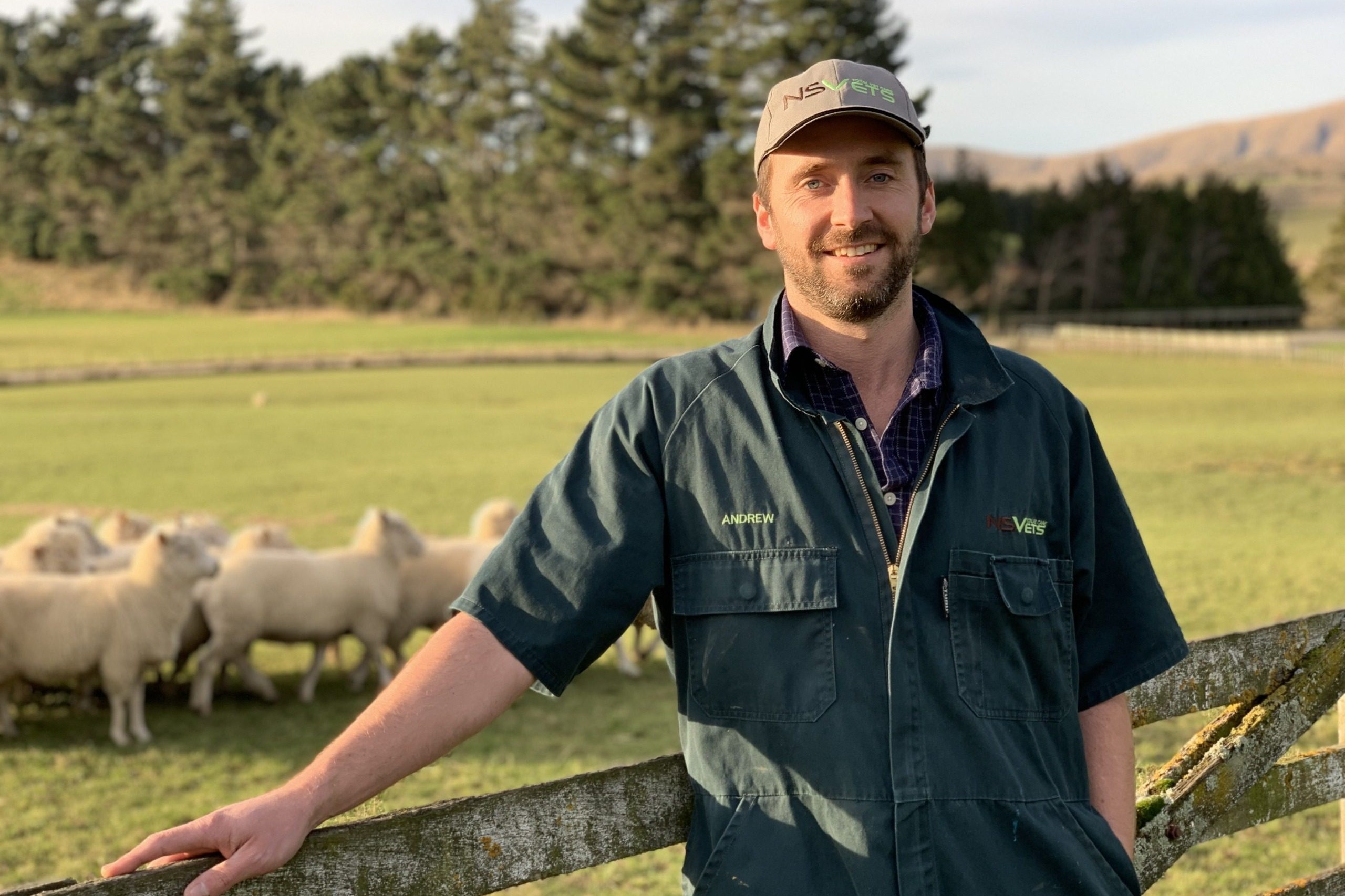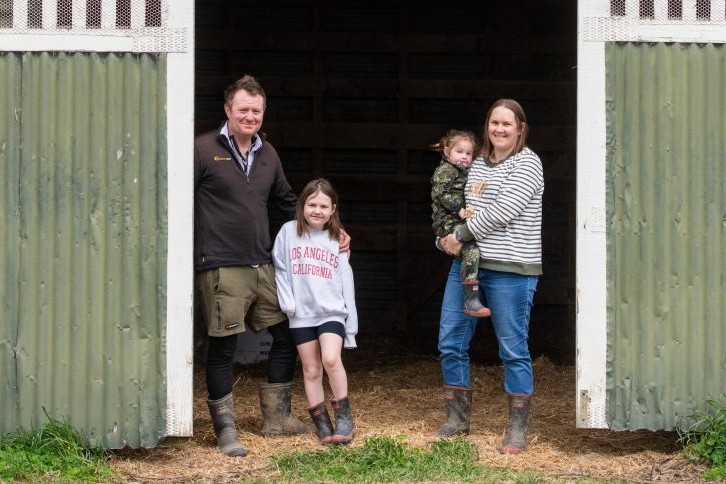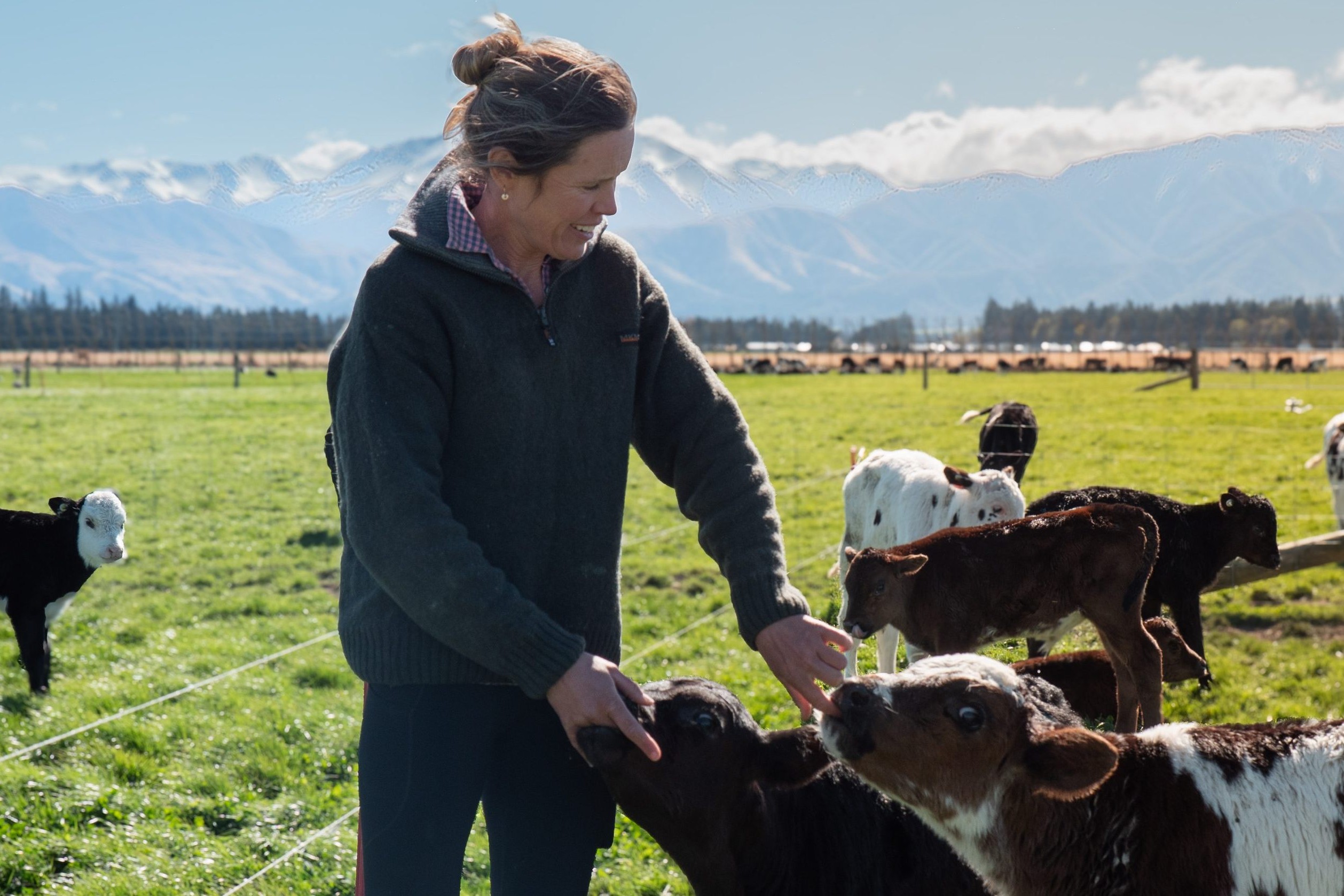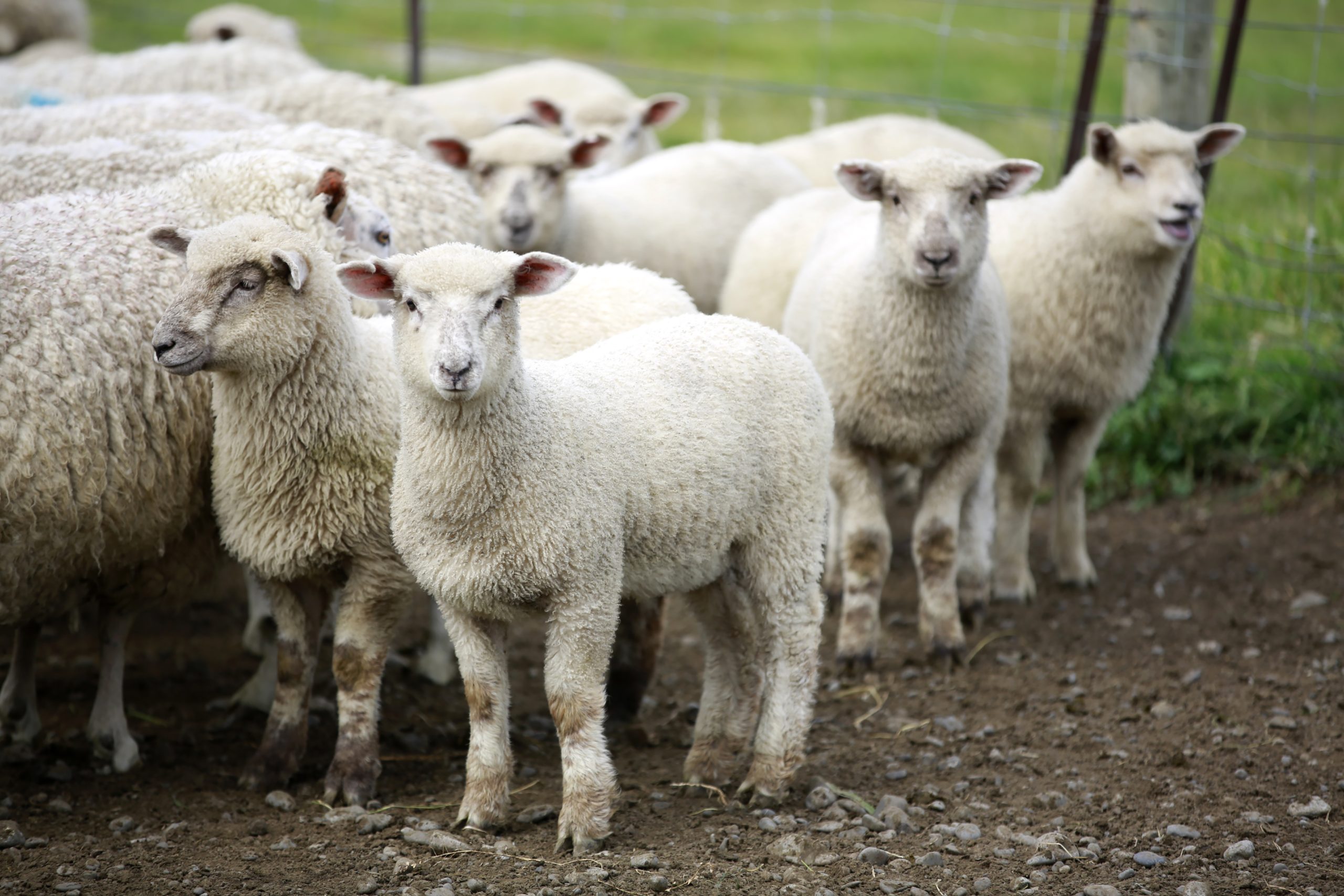An efficient, profitable beef herd is the goal for all beef farmers, regardless of underlying objectives and management policies. Achieving this can be as simple or complex as you make it, but there are basic management and health considerations that should apply to all.
My role as a rural vet means that I am involved with a wide range of beef production systems from intensive stud breeding operations and bull beef finishing farms right through to extensive high country stations where cows are only seen twice a year. The inputs on these farms can vary markedly and whilst the higher input farms tend to be more productive, this doesn’t necessarily equate to more profit. Finding the sweet spot between productivity and profit isn’t straightforward, and what is profitable for one farm, will not necessarily be profitable for another property.
Regardless of the operation you are running there are some non-negotiables when it comes to running a profitable beef herd. This includes getting cows in calf (if you have breeding cows), keeping cattle alive and growing youngstock the best you can. The number one management tool to achieve all of these goals is adequate provision of feed. This requires particular attention to both quality and quantity of grass, sufficient supply of supplementary feed and consideration of body condition score – particularly for breeding cows prior to mating and calving. Young stock should take priority for quality feed and early weaning can be a great tool when feed is tight to allocate better quality feed to those that need it most. Cows do a great job at converting low quality feed into revenue but there are times that they will benefit from better quality feed and overall production/profit can improve as a result. This is particularly true for cows in lighter body condition at weaning time and in the lead up to mating.
Animal health variables
When it comes to animal health there are many variables that dictate whether products will be profitable in a particular farming system. Many products work like an insurance policy, they protect your stock from a worst-case scenario but just like with insurance, hopefully you won’t be making a claim every year. Bovine viral diarrhea and clostridial vaccination are two classic examples of this. When disease strikes unvaccinated herds this can have disastrous impacts on productivity and profitability, but this may not happen every year. Determining the risk of disease on your farm, the potential costs of disease and establishing what level of risk you are comfortable with are important when deciding on whether to vaccinate or not. This is where your vet can help you and ensure that you are spending money on animal health wisely. Some non-negotiables for animal health are parasite management and trace elements. Once again, the treatment protocols will vary between farms and districts, but selenium and copper are often deficient and young stock are most prone to parasites, particularly in their first autumn. There are a range of different options and products available to manage parasites and mineral deficiencies in your herd. Beware that not all products are equal and it is easy to spend money on products that you think are the cheap/easy option, only to find that they are not correcting the issue. A classic example of this is salt blocks, while these have their place they are often not sufficient to fix true mineral deficiencies. Talk to your vet about what options may be better suited.
As vets we see it all, beef properties that perform well with minimal inputs and others that are poor performers despite high inputs. Much of this comes down to management but a discussion with your vet and a robust animal health plan is a great way to iron out the inconsistencies. Having a profitable and efficient herd is about doing the small things well, paying attention to the details and ensuring that the herd is protected from the negative outcomes of disease, parasites and mineral deficiencies.
- Andrew Cochrane is a veterinarian with Northern Southland Vets.





